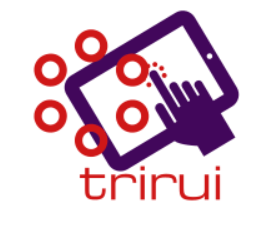Kotlin is another modern programming language, and it differs significantly from both Go and C++. Below is a detailed look at Kotlin and how it compares to these two languages:
Kotlin vs. Go
| Feature |
Kotlin |
Go |
| Primary Use Case |
Mobile and web development (especially for Android) |
Backend development, cloud services, microservices |
| Programming Paradigm |
Object-oriented and functional programming |
Procedural and lightweight concurrency-based programming |
| Concurrency Model |
Coroutines (similar to Go’s goroutines) |
Goroutines and channels |
| Platform |
JVM-based (runs on the Java Virtual Machine) |
Compiles to machine code, platform-independent binaries |
| Ease of Use |
Concise, expressive, with modern syntax |
Simple and minimalistic, but less expressive |
| Standard Library |
Extensive, especially for Android and JVM use |
Minimal, focuses on backend utilities |
| Memory Management |
Managed by the JVM (garbage collection) |
Garbage collection |
Kotlin vs. C++
| Feature |
Kotlin |
C++ |
| Primary Use Case |
Mobile, web, and JVM-based applications |
System programming, game development, embedded systems |
| Programming Paradigm |
Object-oriented and functional |
Object-oriented and procedural |
| Memory Management |
Automatic via JVM garbage collection |
Manual, with tools like new/delete or smart pointers |
| Performance |
Slightly slower (due to JVM overhead) |
High performance, low-level access to hardware |
| Platform |
JVM, Android, multiplatform support |
Native machine code for various platforms |
| Complexity |
Beginner-friendly, concise syntax |
Complex, with extensive feature set (templates, pointers, etc.) |
| Concurrency Model |
Coroutines for lightweight concurrency |
Threads and concurrency primitives |
Kotlin’s Strengths
- Modern Features: Kotlin provides features like null safety, extension functions, and concise syntax that make it easier to write robust code.
- Android Development: Kotlin has first-class support for Android development and is officially endorsed by Google.
- Interoperability: Seamlessly interoperates with Java, making it easy to adopt in existing Java projects.
- Multiplatform: Kotlin Multiplatform allows code sharing across Android, iOS, and web platforms.
Design Philosophy
- Kotlin: Focuses on developer productivity, readability, and safety. It is ideal for modern application development where ease of use and compatibility with existing JVM ecosystems are critical.
- Go: Simplicity, performance, and efficiency in backend and distributed systems.
- C++: Full control, high performance, and low-level system programming.
When to Use Kotlin
- Developing Android apps or JVM-based applications.
- Writing modern multiplatform code for shared business logic.
- If you prioritize concise, expressive syntax and a rich standard library.

